Have you ever started the day feeling productive, only to hit a wall by midday? Or maybe you struggle with constant exhaustion, even when you’re not physically active? Managing your time is important, but managing your energy is the real key to long-term productivity and well-being.
Instead of focusing only on how much you do, it’s essential to focus on how well you maintain your energy levels. When your energy is balanced, you can work efficiently, avoid burnout, and stay mentally sharp throughout the day.
This article will show you why energy management matters more than time management, common causes of energy drain, and practical ways to maintain high energy levels while avoiding mental and physical fatigue.
Why Energy Management Matters More Than Time Management
Most people try to be more productive by optimizing their schedules, but if your energy is low, it doesn’t matter how much time you have—you won’t perform at your best.
✅ Key Idea: Managing your energy ensures that the time you spend working is actually productive, rather than just “busy work.”
| Time Management Alone | Energy Management |
|---|---|
| Works more hours, but with declining focus | Works fewer hours, but with peak efficiency |
| Pushes through exhaustion, leading to burnout | Takes breaks to recharge and maintain productivity |
| Measures success by time spent working | Measures success by results and well-being |
The goal is to align your most important tasks with your highest energy levels while incorporating habits that keep your energy stable throughout the day.
Common Causes of Mental and Physical Fatigue
Before you can improve your energy levels, it’s important to understand what drains them.
1. Poor Sleep Quality
- Lack of deep sleep reduces cognitive function.
- Inconsistent sleep schedules disrupt energy levels.
- Screen time before bed affects melatonin production.
2. Unhealthy Diet
- Processed foods and sugar spikes cause energy crashes.
- Dehydration leads to fatigue and brain fog.
- Skipping meals causes low blood sugar and weakness.
3. Overworking Without Breaks
- Long hours lead to mental exhaustion.
- Lack of movement reduces circulation and alertness.
- High stress without recovery leads to burnout.
4. Lack of Physical Activity
- Sitting for too long lowers blood flow and oxygen to the brain.
- A sedentary lifestyle decreases long-term energy levels.
5. Emotional and Mental Stress
- Anxiety and negative thinking drain mental energy.
- Multitasking increases cognitive load and reduces efficiency.
✅ Solution: By making small adjustments to your daily routine, you can manage energy more effectively and avoid constant fatigue.
How to Manage Your Energy Levels for Maximum Productivity
1. Align Tasks with Your Natural Energy Cycles
Your energy levels fluctuate throughout the day in cycles known as ultradian rhythms. Instead of working against these natural cycles, plan your tasks around them.
✅ How to Apply It:
- Identify your peak energy times (morning, afternoon, or evening).
- Do deep-focus work during high-energy periods (e.g., creative or strategic tasks).
- Handle routine or low-energy tasks (emails, admin work) when energy dips.
📌 Example: If you’re most productive in the morning, schedule important tasks like writing or problem-solving before noon and save meetings for later in the day.
2. Follow the 90-Minute Work Cycle
Instead of forcing yourself to work nonstop, follow the 90-minute work cycle based on your brain’s ability to focus.
✅ How to Apply It:
- Work deeply for 90 minutes, then take a 15-minute break.
- Repeat the cycle instead of pushing through exhaustion.
- Use the Pomodoro Technique (25-minute sprints with short breaks) if shorter sessions work better for you.
📌 Why It Works: Your brain can only maintain deep focus for limited periods. Taking breaks prevents mental fatigue and increases productivity.
3. Prioritize Quality Sleep for Energy Recovery
Without good sleep, your body and brain can’t recharge properly.
✅ How to Improve Sleep Quality:
- Stick to a consistent bedtime and wake-up schedule.
- Avoid screens at least 1 hour before bed.
- Keep your bedroom cool, dark, and quiet.
- Reduce caffeine intake at least 6 hours before bedtime.
📌 Example: If you often wake up tired, adjust your sleep schedule so you get 7–9 hours of quality sleep consistently.
4. Eat for Sustainable Energy (Not Just Quick Fixes)
Food is fuel for your brain and body. Eating the right nutrients ensures steady energy throughout the day.
✅ Best Energy-Boosting Foods:
- Complex carbs (oats, quinoa, whole grains) for long-lasting energy.
- Healthy fats (avocados, nuts, olive oil) to support brain function.
- Lean proteins (chicken, eggs, tofu) to maintain focus and strength.
- Water—even mild dehydration causes fatigue.
📌 What to Avoid:
- Sugary snacks → Energy crashes within an hour.
- Too much caffeine → Temporary boost, followed by a slump.
- Skipping meals → Leads to low blood sugar and mental fog.
5. Move Your Body to Stay Energized
Physical movement keeps your body and brain alert. Even short activity breaks can recharge your focus and reduce fatigue.
✅ How to Apply It:
- Stand up every 30–60 minutes to stretch or walk.
- Take a 5-minute movement break after long work sessions.
- Incorporate daily exercise (even 15 minutes is beneficial).
📌 Example: If you feel sluggish in the afternoon, do 5 minutes of stretching or deep breathing to wake up your body and mind.
6. Reduce Mental Clutter and Digital Overload
Constant digital distractions drain your mental energy. Minimizing unnecessary input helps you stay focused longer.
✅ How to Apply It:
- Limit unnecessary notifications to reduce distractions.
- Take breaks from screens to rest your eyes and mind.
- Keep your workspace clean and organized to avoid decision fatigue.
📌 Example: If emails constantly interrupt your focus, check them only at set times (e.g., twice a day) instead of responding instantly.
7. Manage Stress to Prevent Mental Exhaustion
Stress burns mental energy quickly. Learning to manage stress helps maintain focus and emotional well-being.
✅ How to Reduce Stress:
- Practice deep breathing or meditation for 5 minutes daily.
- Take regular breaks to reset your mind.
- Avoid negative self-talk—focus on solutions, not just problems.
📌 Example: If you feel overwhelmed, take a 3-minute breathing break to reset and regain focus.
Final Thought: Energy is Your Most Valuable Resource
Instead of just managing your time, manage your energy so that the time you spend working is more effective and sustainable.
By focusing on sleep, nutrition, movement, and mental clarity, you will:
✅ Stay productive without burnout.
✅ Reduce mental fatigue and improve focus.
✅ Feel more energized and in control of your day.
Start today: Choose one small habit to improve your energy, and notice the difference in how you feel and perform.

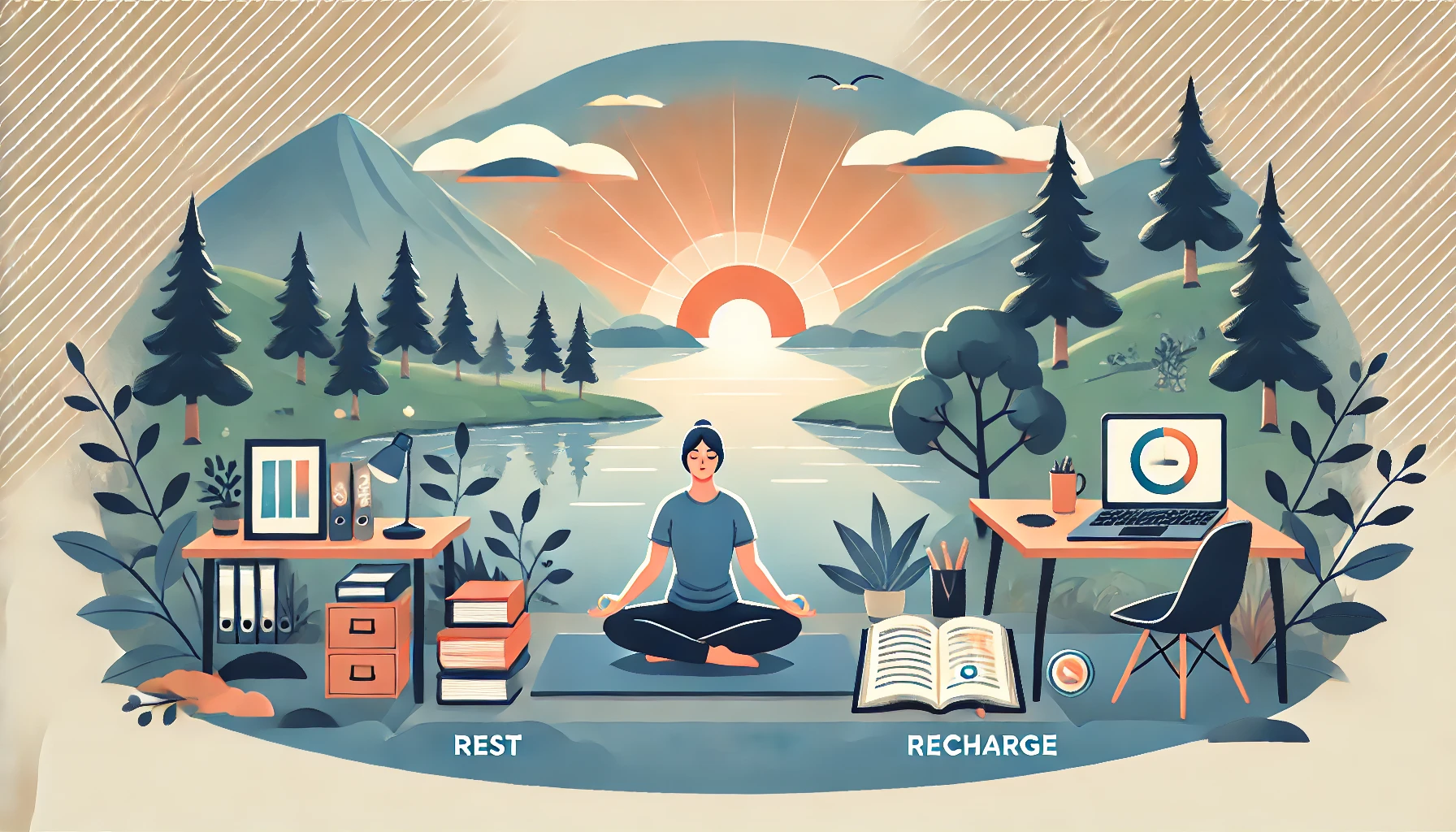
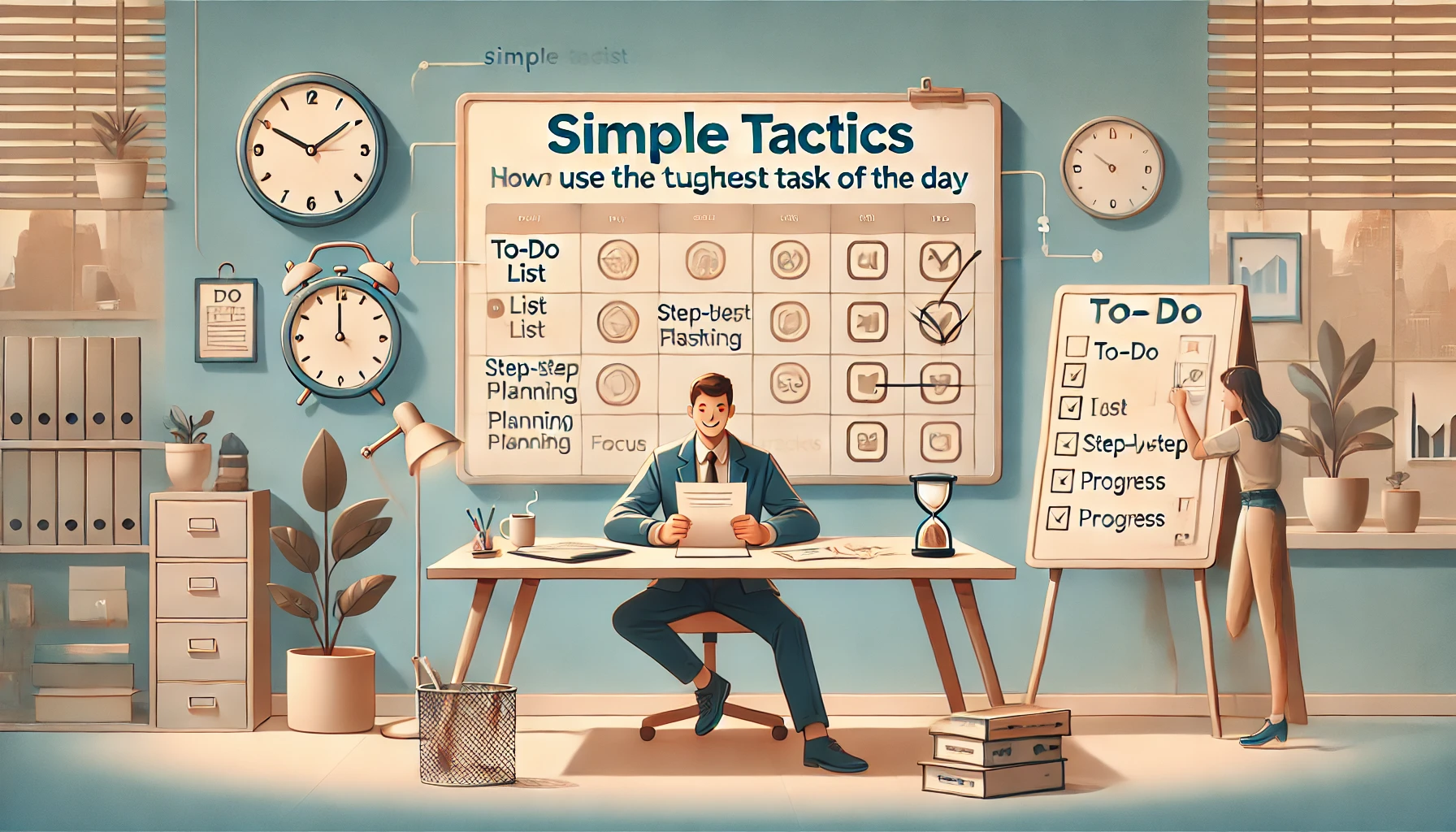

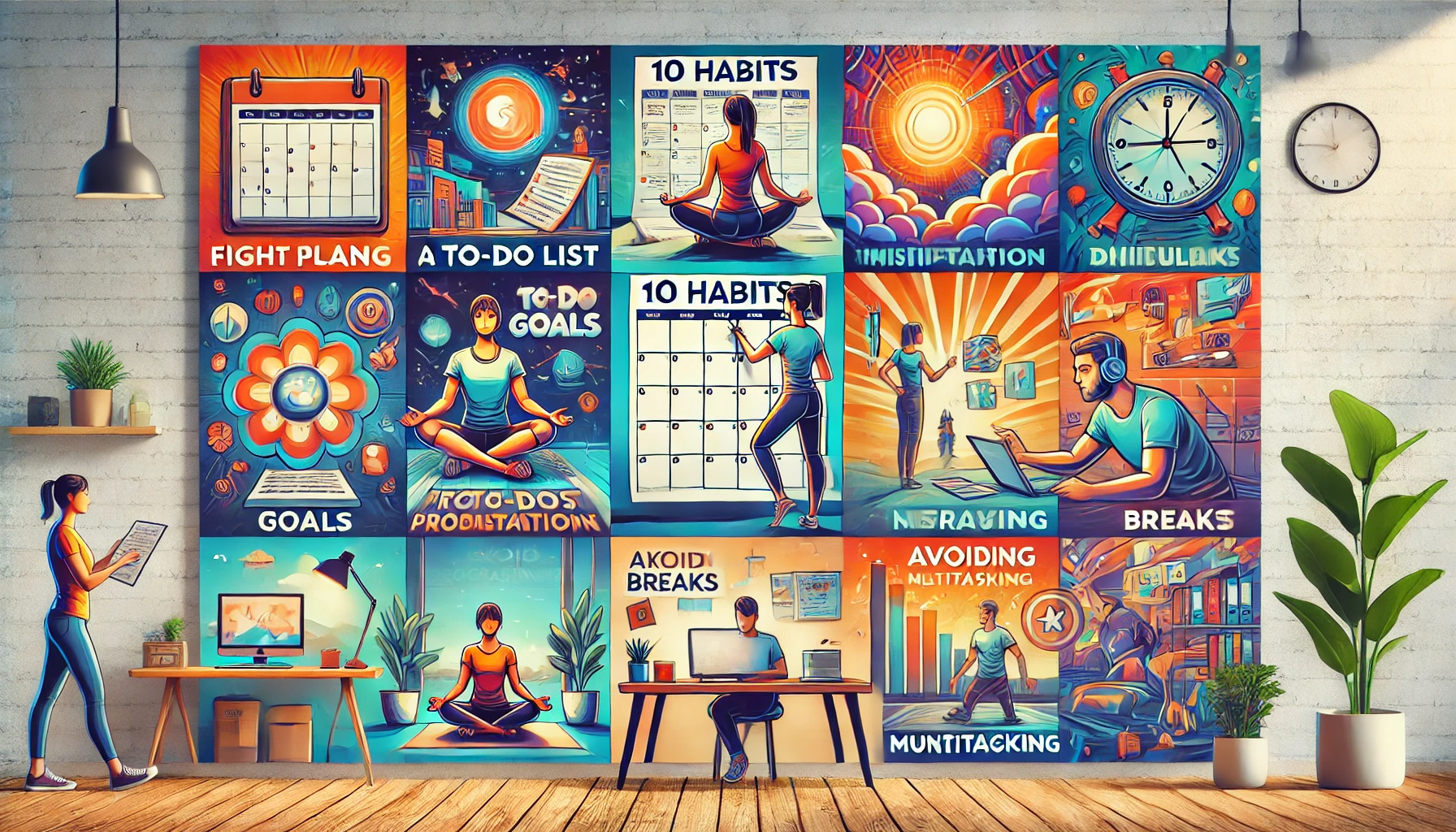




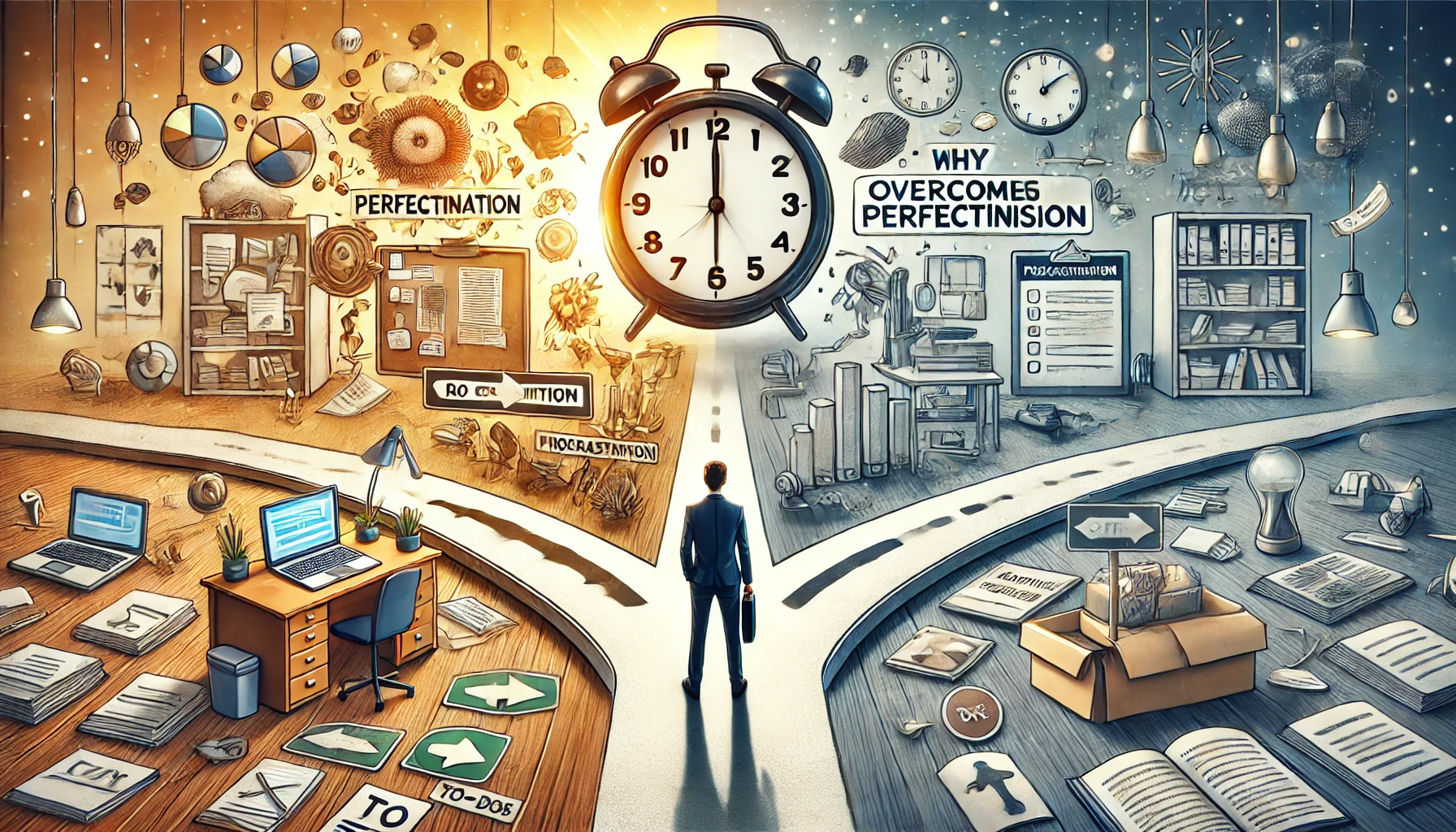

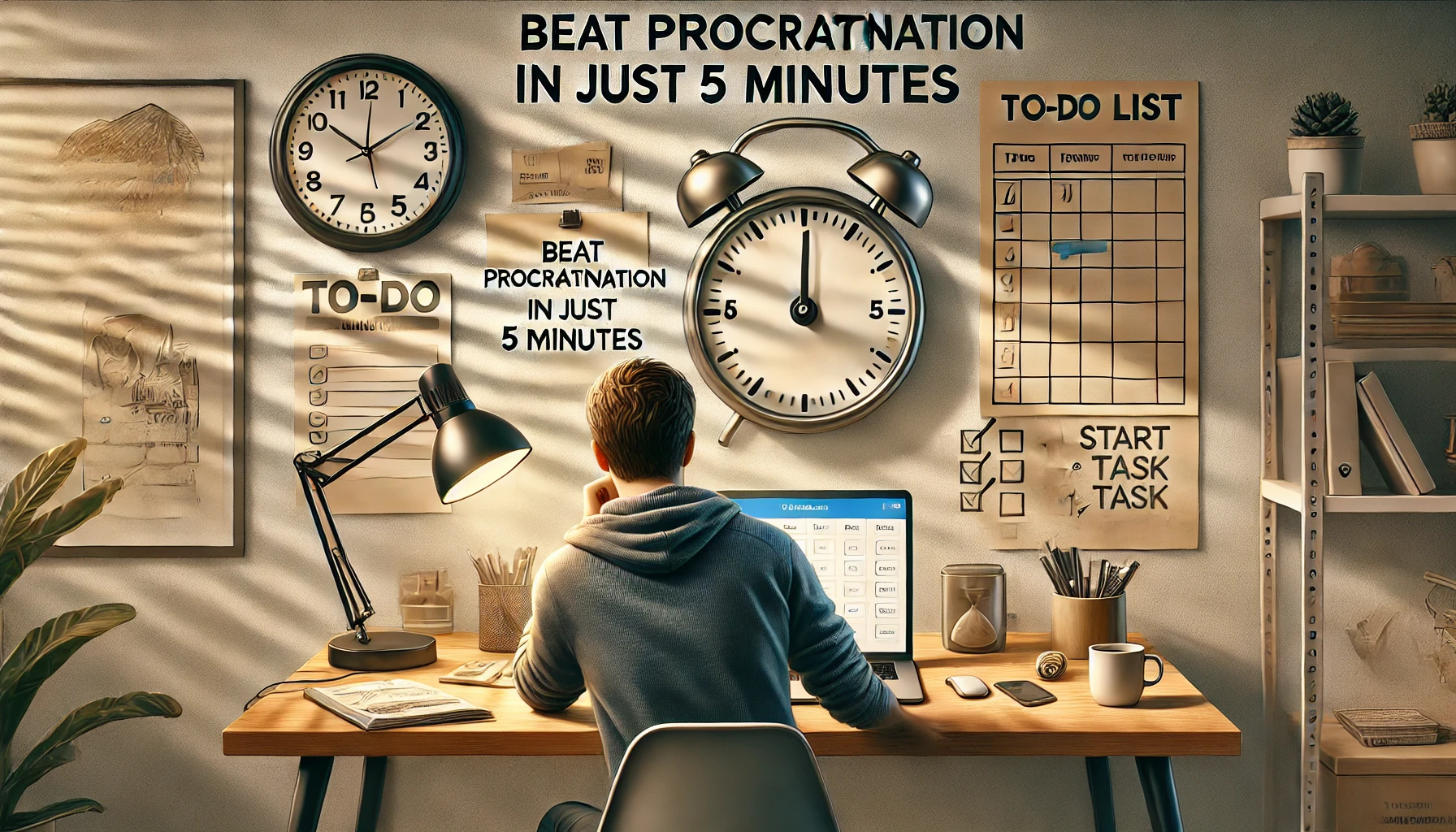
Leave a Reply